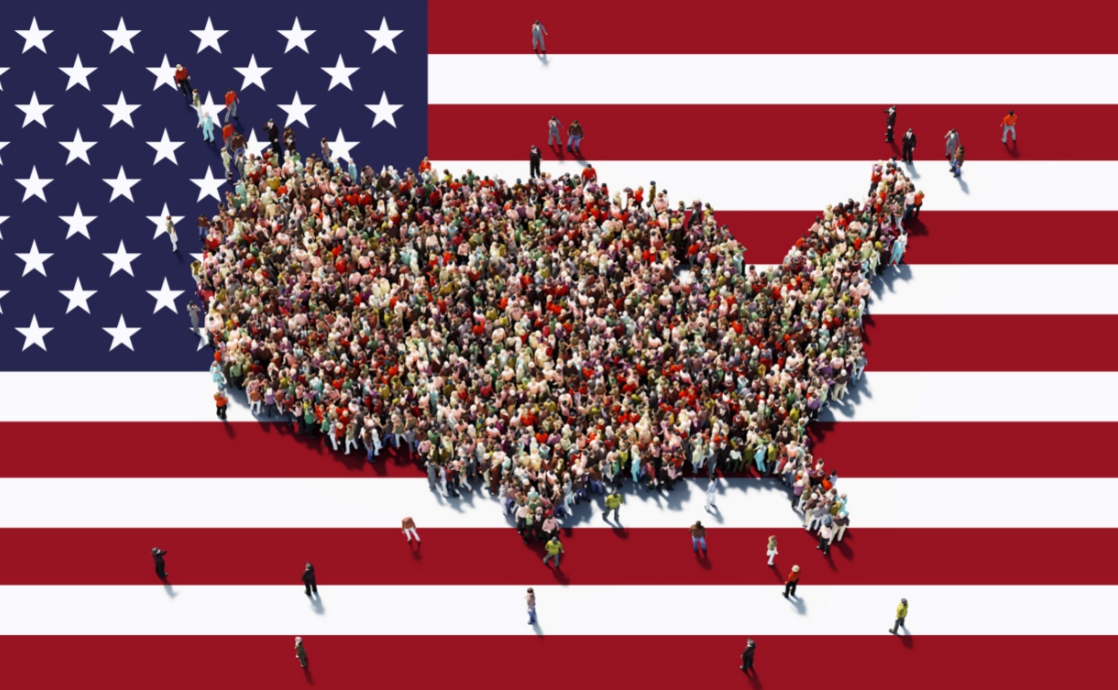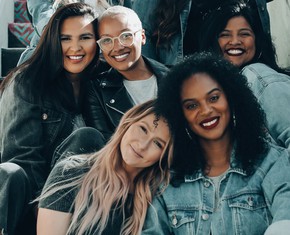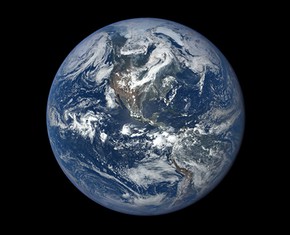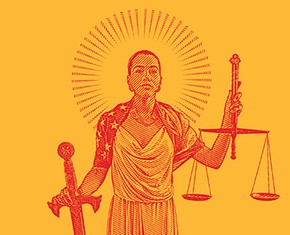The views expressed in our content reflect individual perspectives and do not represent the authoritative views of the Baha'i Faith.
One crucial branch of the discussion on my neighborhood chat group about the high school district’s new Social and Emotional Learning programs (SEL) dealt with the concepts of equality and equity.
These SEL programs stressed such values as justice, kindness, respect, and inclusiveness. Lovely, right? But the neighbor who had begun the discussion took vehement exception to the word “equity,” which she defined as a Marxist or socialist or communist ideal not to be identified with equality.
I suggested that before we got too far in the discussion, we define our terms. The Oxford Dictionary defines equity as: the quality of being fair and impartial — “equity of treatment;” and lists the word’s synonyms as fairness, impartiality, and justice.
The same dictionary defines equality as: the state of being equal, especially in status, rights, and opportunities — “an organization aiming to promote racial equality.” Synonyms include fairness, impartiality, and justice.
RELATED: Imagine a World With Equality Between Women and Men
“I’m sure,” I told my neighbor, “that you’re not suggesting that being fair, just, or impartial is a Marxist ideal and therefore should not be practiced in a democratic republic.” I suggested that we go a bit further in trying to understand the differences between the two terms. The difference is nuanced: First, equity is a “quality,” while equality is a “state” of being.
Equality confers on each individual or group of people the same state or status. How? My neighbors felt this should be through equality or sameness of treatment. How might this look in practice?
Imagine that two high schoolers auditioning for the debate team are each given a one-foot tall riser to stand on behind the podium. The complicating factor is that these teens aren’t the same height — Josh is six feet tall and Marie is four-foot-eleven. So, while Josh looks immense on his riser and has difficulty reading his notes on the podium, Marie can barely see or be seen over it. This “by the book” form of equality of treatment doesn’t work well for either participant.
Equity recognizes that each person has different circumstances and allocates the exact resources and opportunities needed to reach an equal outcome. So, in the debate team scenario, the two participants are given risers that allow them to be able to see and be seen by the audience and to clearly read their notes.
In other words, the quality of equity can be used to arrive at the state of equality.
Everyone who applies for the debate team gets an equal opportunity to try out and is given the resources they need to give their best presentation. Tall Josh, with his height advantage, doesn’t need a riser to stand on behind the debate podium, but petite Marie does. Equity means that in order to achieve equality with Josh, Marie would receive a riser. Yes, the two students receive different treatment, but the result is equality.
The sticking point? When some people talk about equity, they erroneously conflate it with the communistic idea that everyone has or has not the same belongings, housing, education, transport, etc. and are not allowed to acquire more through hard work and merit. That’s not the sort of equity race equality advocates promote. They understandably want to see equity in the areas of opportunity and treatment, so the participants in whatever endeavor start on equal footing.
Inequity would occur if Josh and Marie tried out for the debate team, Josh did well and Marie didn’t, and yet the teacher put both on the team for unrelated reasons; she knew Marie’s parents or knew she was a superstar on the school quidditch team.
The values promoted by the school district that relate to equality and equity of opportunity are the same values enshrined in our nation’s founding documents. I don’t know why they’re being portrayed as something sinister and counter to American values, but I do know that the effect will be to slow or stall our work on the challenges of racial equality.
RELATED: How to Fight the Hard Inner Struggle of Defeating Prejudice
Don’t we want our children to be taught to value other human beings even if they’re different? Don’t we want our children to be encouraged not to bully? To appreciate differences rather than fear them?
Most important: Don’t we want them to learn the means of solving long-standing problems in their society? They’re our future. How will they learn to coexist, to collaborate, to unify, if we do not teach them?
Baha’u’llah, the prophet and founder of the Baha’i Faith, wrote about the importance of education, not just of the intellect, but of the heart and soul:
Man is the supreme Talisman. Lack of a proper education hath, however, deprived him of that which he doth inherently possess. … The Great Being saith: Regard man as a mine rich in gems of inestimable value. Education can, alone, cause it to reveal its treasures, and enable mankind to benefit therefrom.
In order to achieve both equity and equality in our society, we need to educate everyone, young and old, to understand what will reveal our culture’s treasures.
















Comments
Sign in or create an account
Continue with Googleor